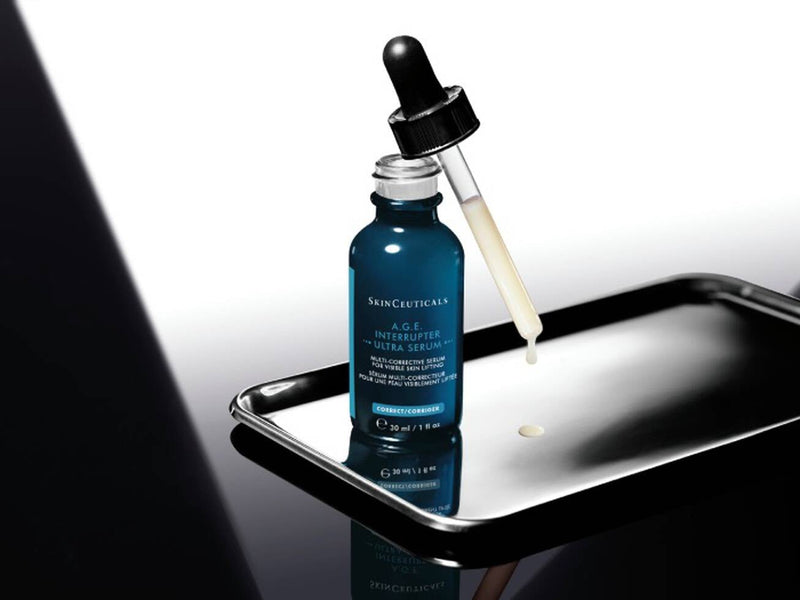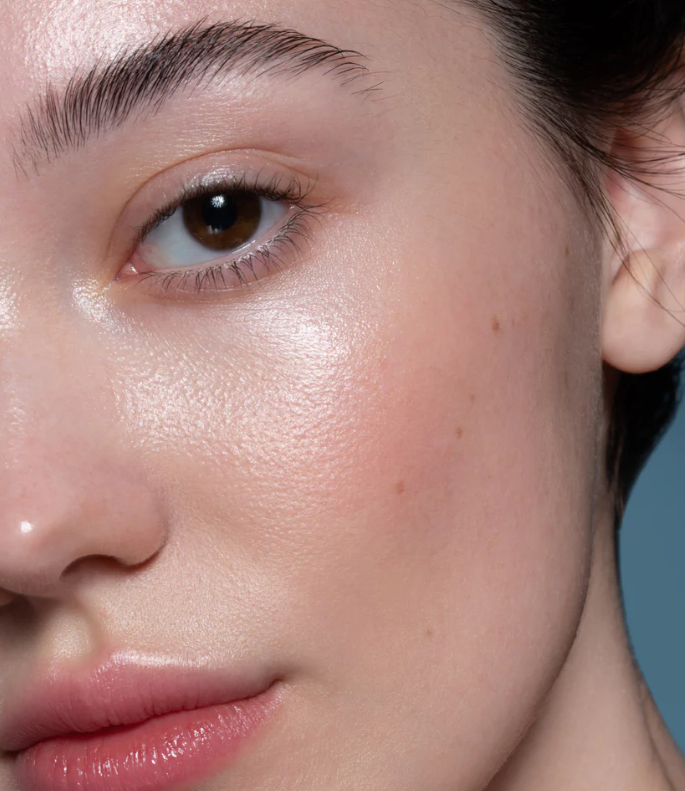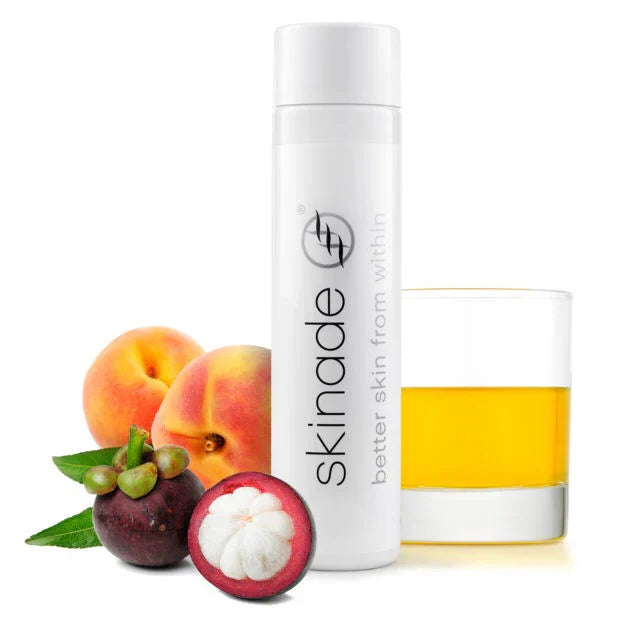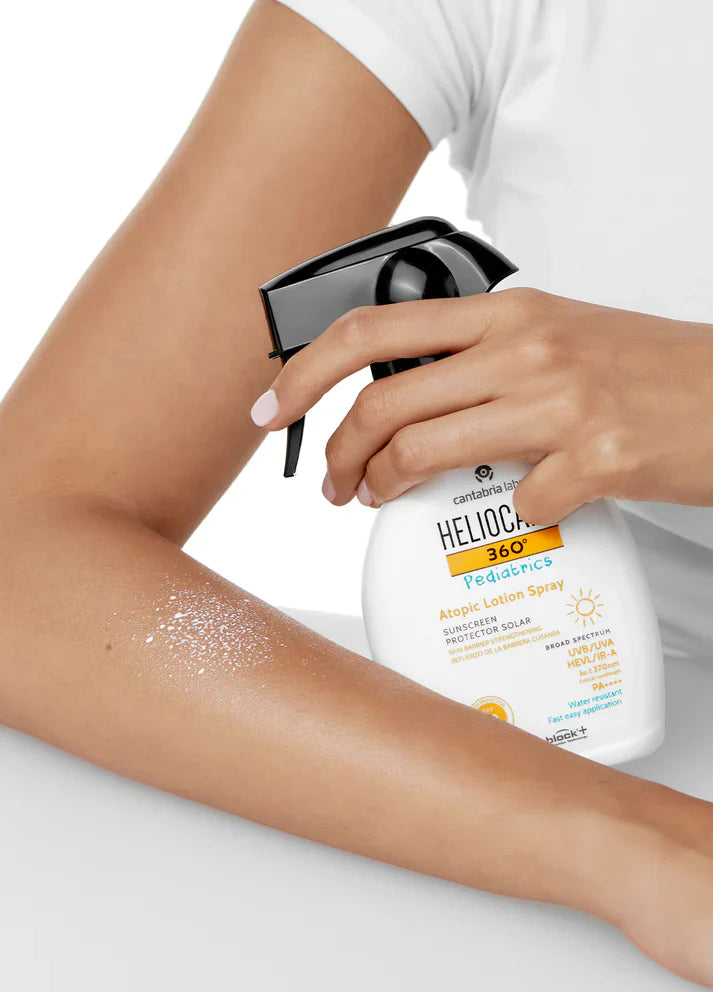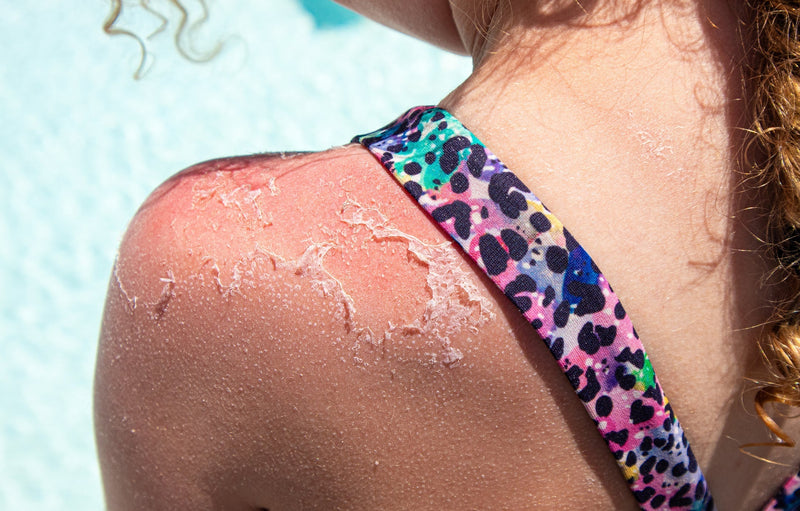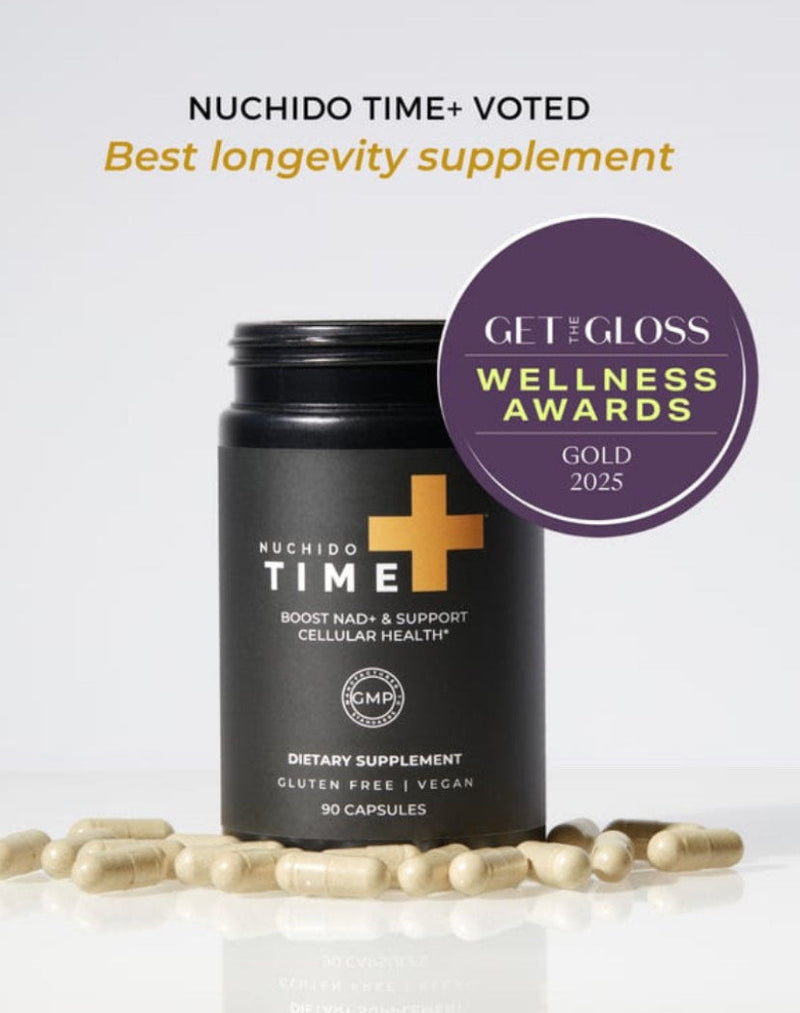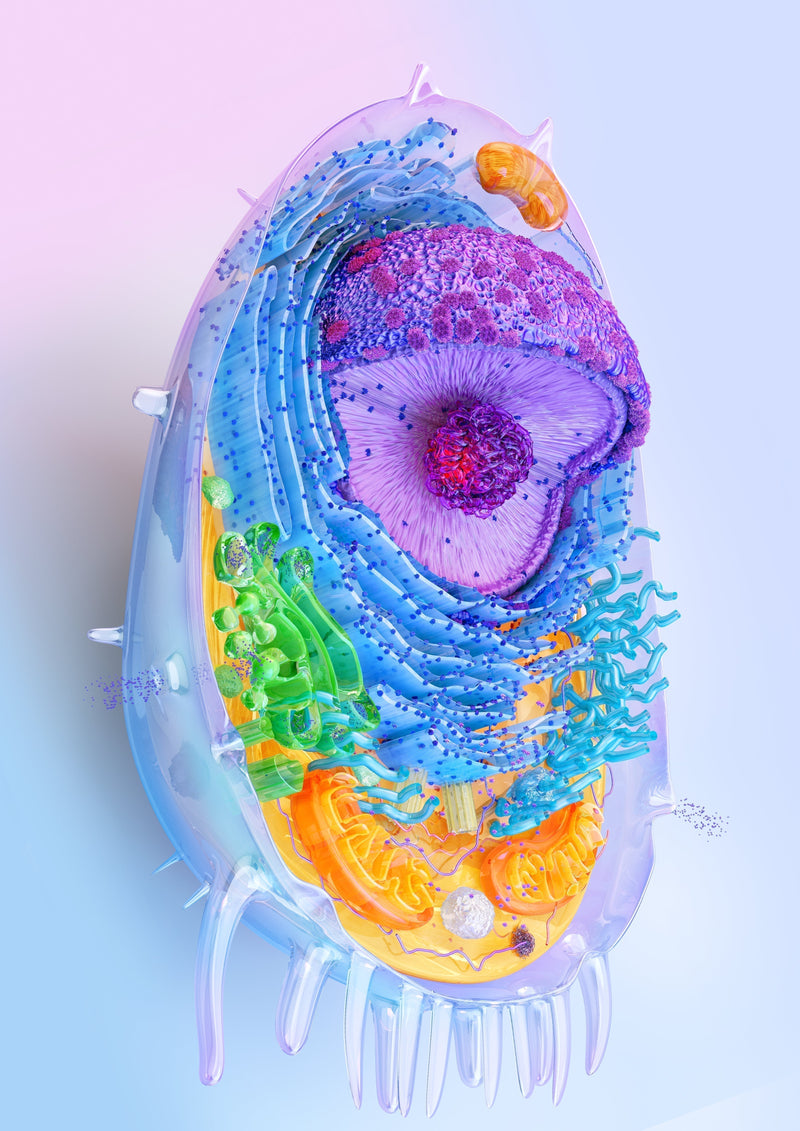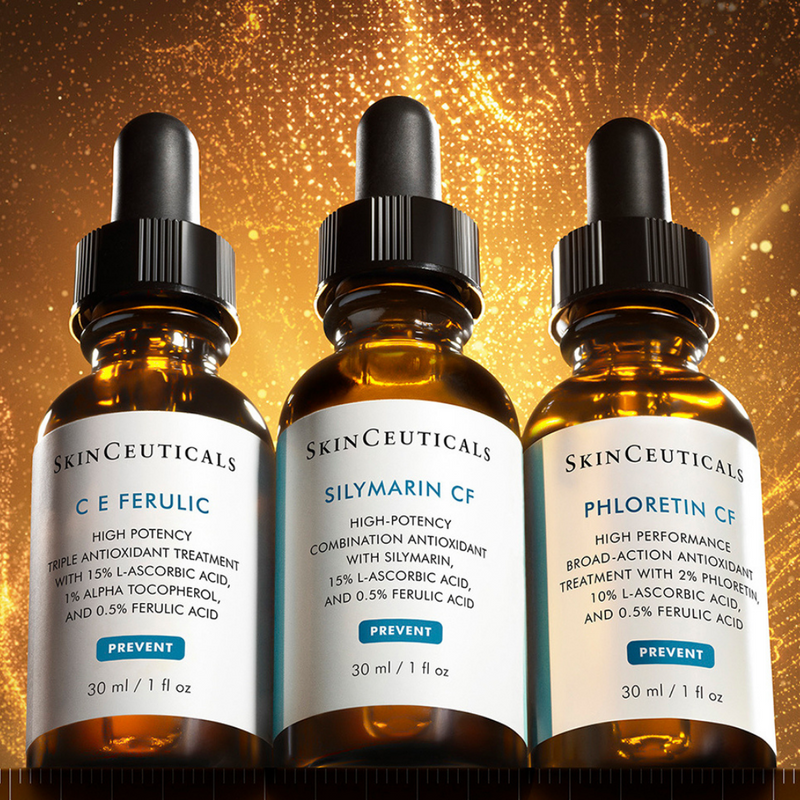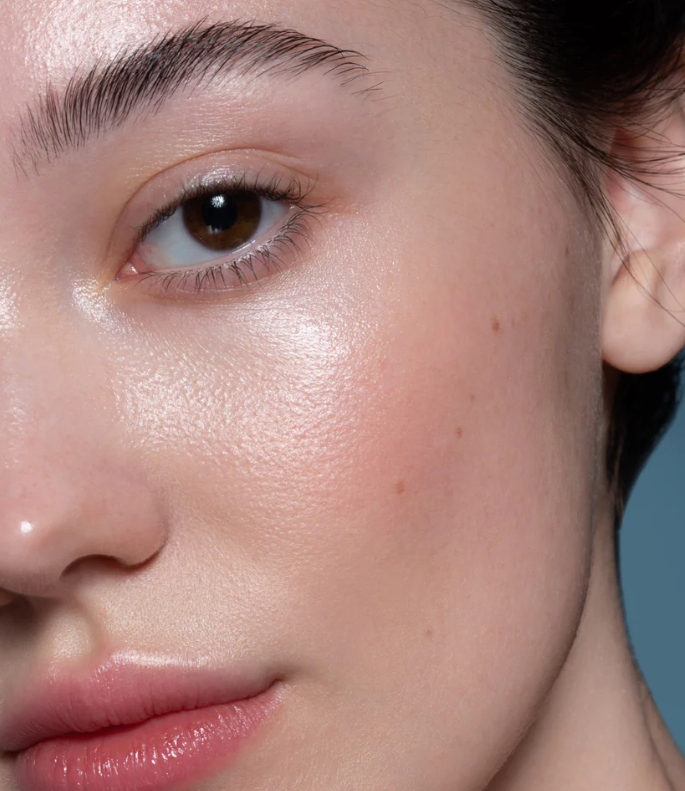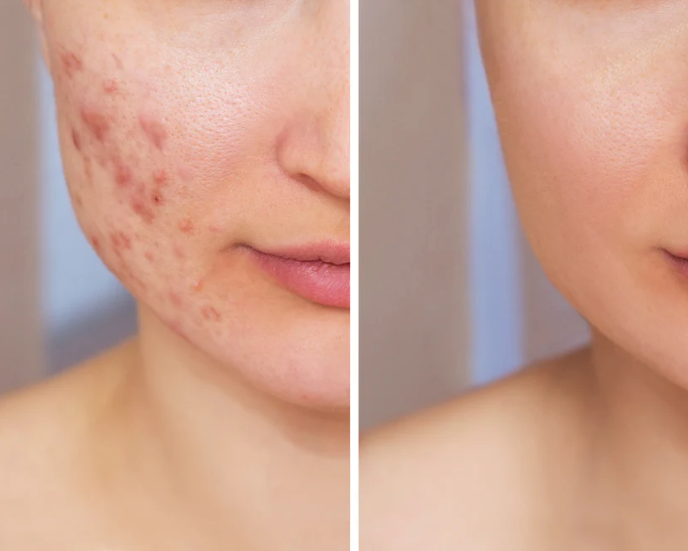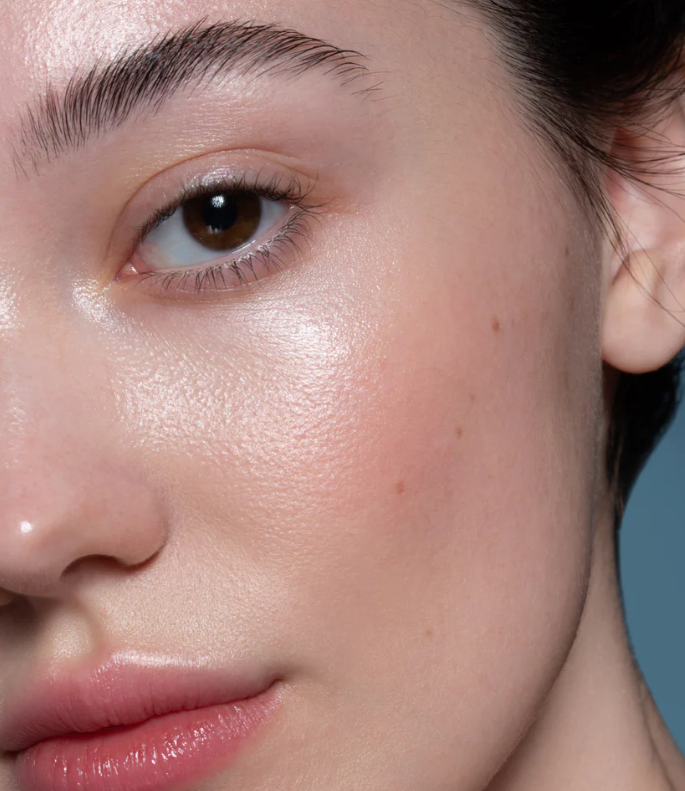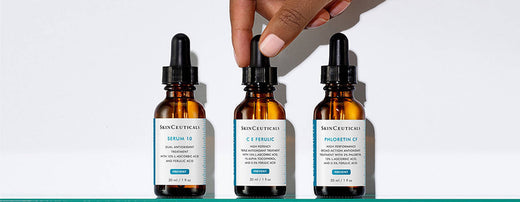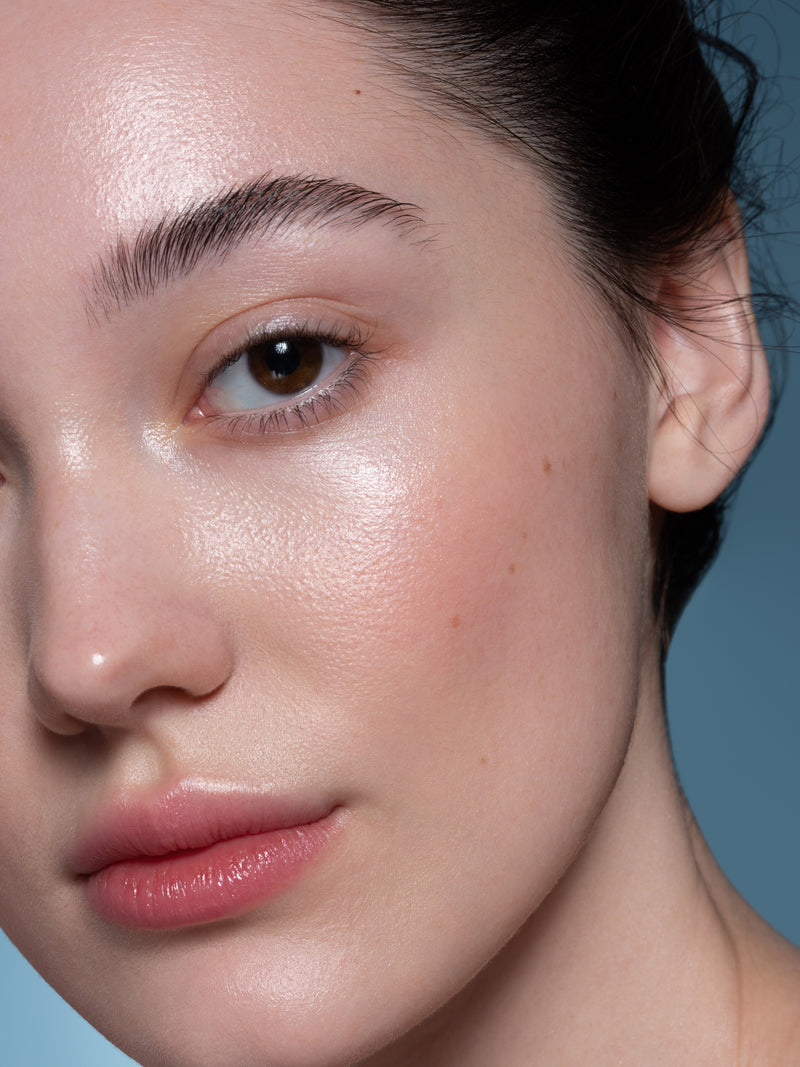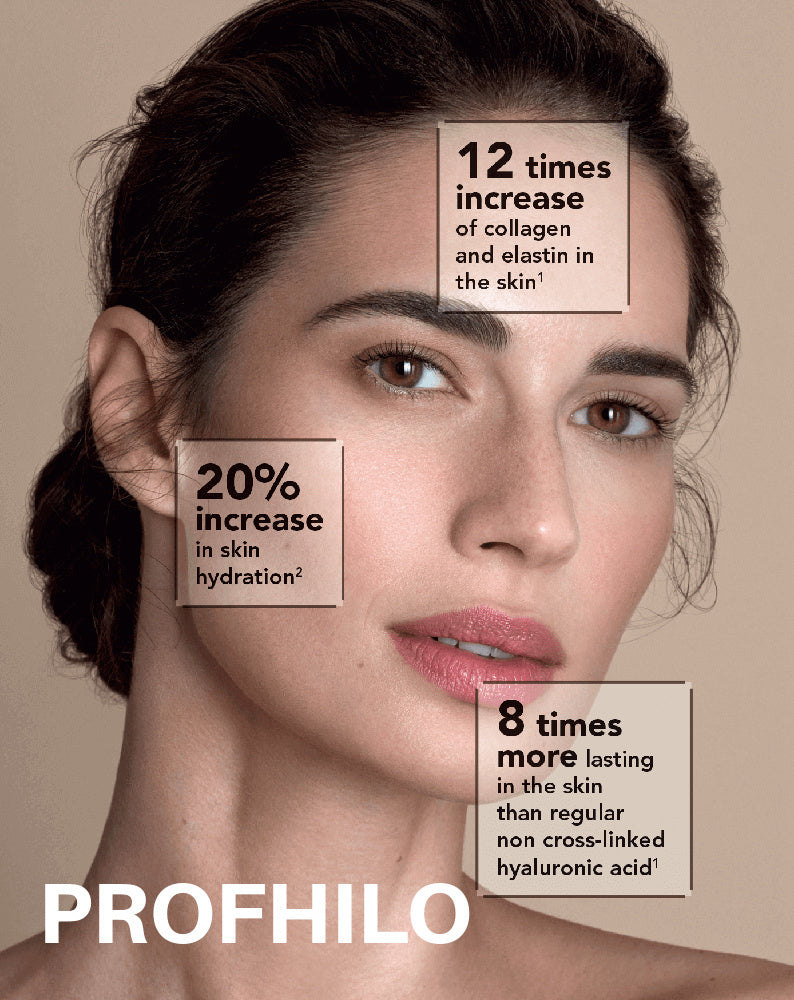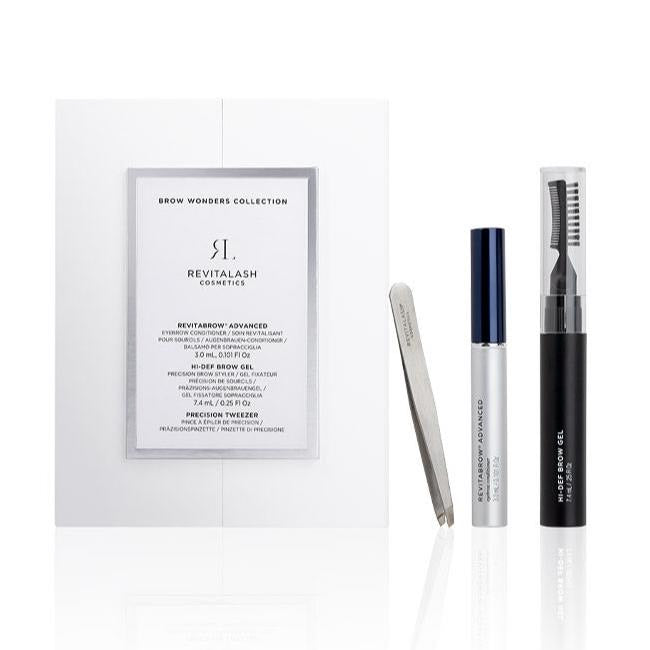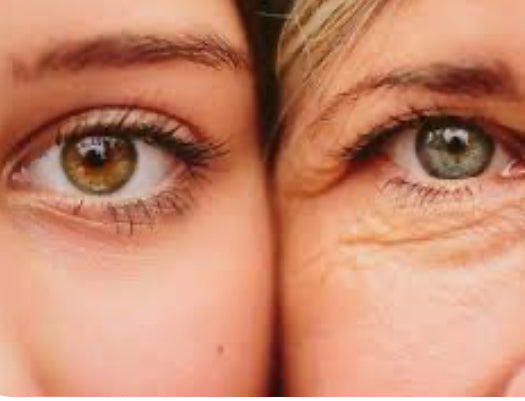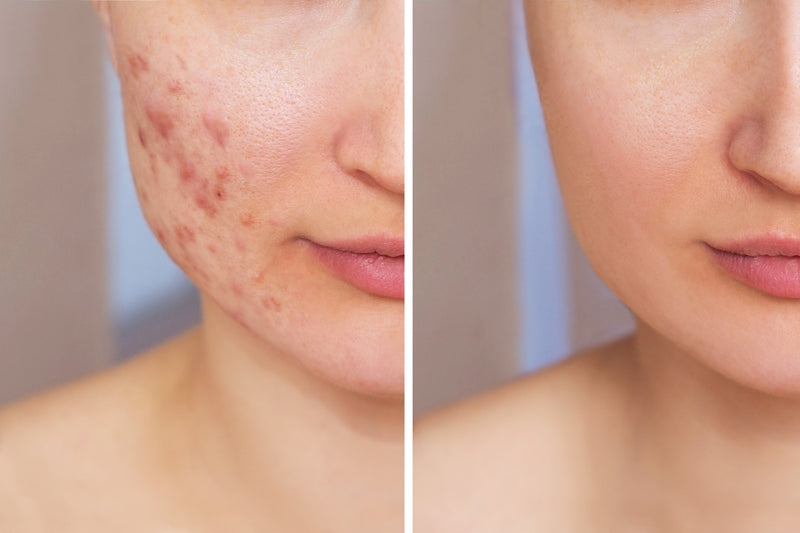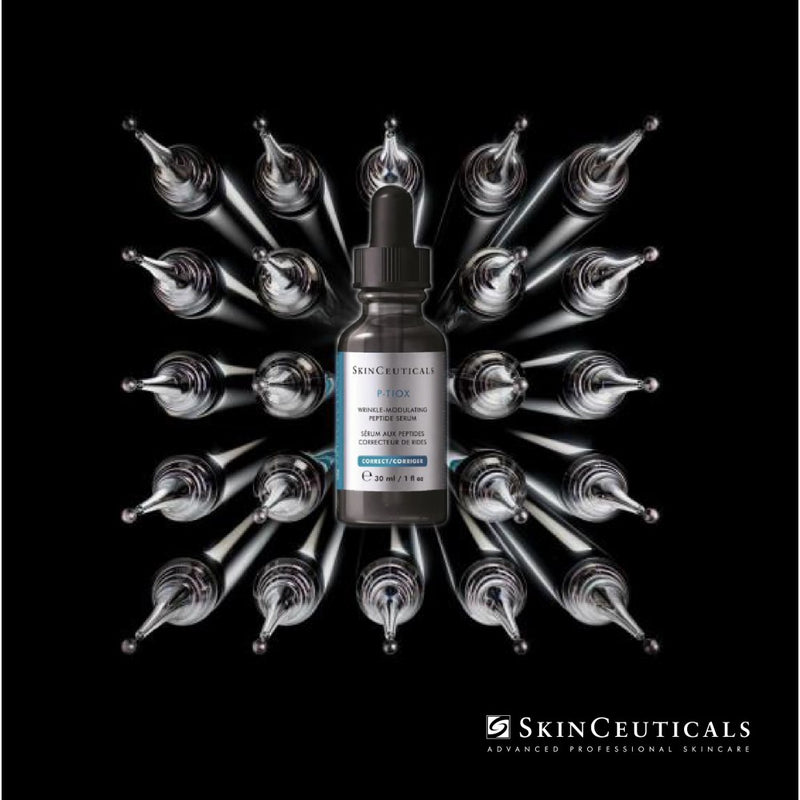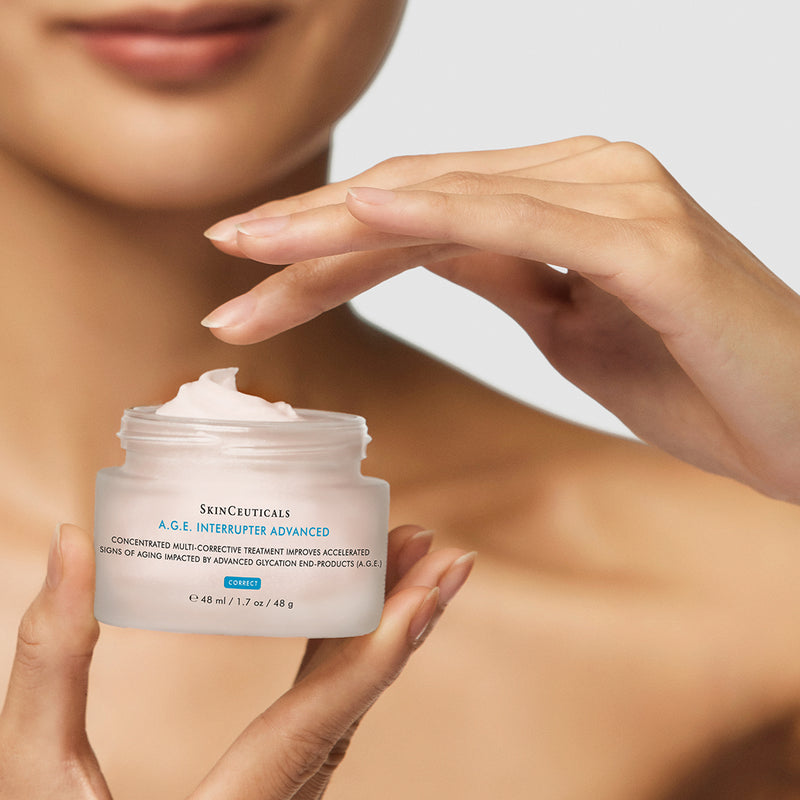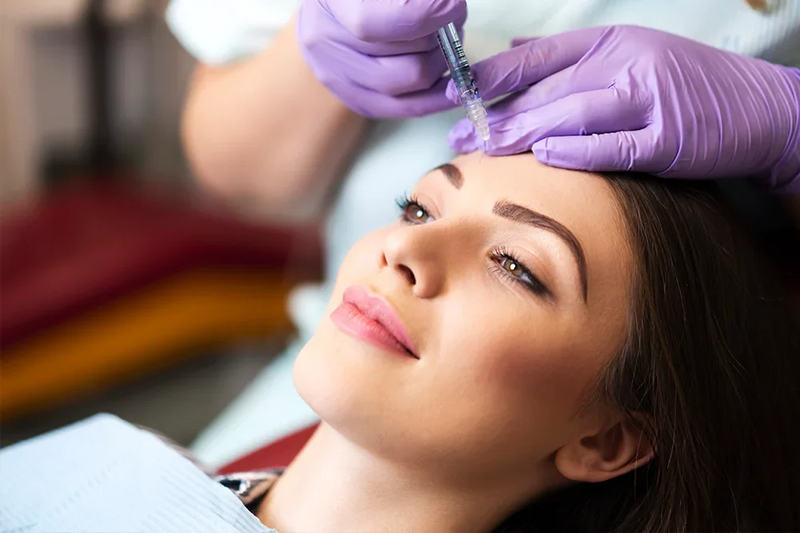Retinol is a derivative of vitamin A which boasts a long list of proven benefits. Amongst various anti-ageing agents, retinoids are the most promising agents that are available for the treatment of skin ageing genes it is recognised as the gold standard. Amongst retinoids, tretinoin is the most potent and best-studied retinoid. However, its irritation potential has prompted the switch over to less irritating but comparably effective retinoids.
By the age of 25 , collagen starts to decrease by about 1% per year , this accelerates as we age. UV exposure and lifestyle choices can accelerate this process too. Sun burn at a young age can do a lot of cellular damage , sometimes damaging the DNA of our cells. This can take 20 + years to show on the surface of the skin as lines , wrinkles and discolouration. It can also lead to skin cancer.
Retinoids reduce fine lines and wrinkles by increasing the production of collagen. They also stimulate the production of new blood vessels in the skin, which improves skin colour. Additional benefits include fading age spots and softening rough patches of skin. However, it takes three to six months of regular use before improvements in wrinkles are apparent—and the best results take six to 12 months.
Start with a very small, pea-sized amount on one night and then wait a few days to evaluate your tolerance. If the product makes your skin red and flaky, we recommend mixing the retinol formula with your moisturiser. Or you can use a non active moisturiser first and apply retinol over. It takes approximately 30 minutes for retinol to absorb. You could apply moisturiser again later if you needed to do so . Note if you are very tanned ( a tan makes the skin slightly harder on the surface) or very dry, the retinol may pool on the surface as it is unable to penetrate properly, this may cause irritation.
Work on boosting hydration first for a couple of weeks, then introduce retinol. Use retinol once or twice a week at first to see how your skin reacts, and gradually work up to every other day or three or four times a week.
Take care on sensitive areas like around the eyes , and the corners of the nose . You might like to apply Vaseline on these areas as this will stop the retinol getting on these areas. Care for your neck also, the skin is thinner there so more sensitive.
Let your skin acclimatise and in time you will be able to comfortably use retinol. Some people have absolutely no problems using retinol. It really depend on how your skin is to begin. If your skin gets dry or irritated while you acclimatise, we advise that you avoid it for a little while , moisturise with a gentle moisturiser and your skin will be fine in a couple of days .
You need to have a very good relationship with a good quality broad spectrum SPF that you use daily and reapply as required.
Another key tip for using retinol is to incorporate it into your nighttime skincare routine only, as UV light deactivates retinol . You can also apply a layer of moisturiser after the retinol application if required.
If you have an already compromised skin barrier, skin redness, reactive skin , it is important to address this first before using a retinol product.
SkinCeuticals offer effective retinol creams.
Options for sensitive skin or for clients not wishing to experience any kind of sensitivity.
Bakuchiol is an extract derived from the leaves and seeds of the babchi plant. When applied to skin, the ingredient acts in a similar way to retinol in that it helps to even out tone, diminish the appearance of fine lines, and speeds up cell regeneration, without many of the irritating side effects retinol can have.
A 2018 study found no significant difference in the efficacy of Bakuchiol vs Retinol. It did however find significantly less irritation reported in the Bakuchiol group.
We offer a bakouchiol option in the Dermaceutic range .







